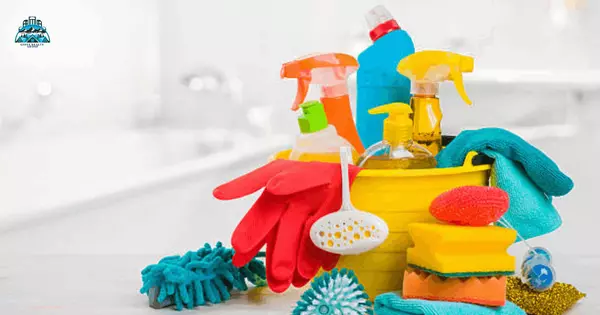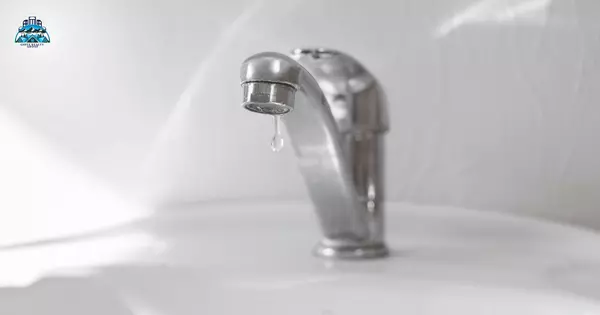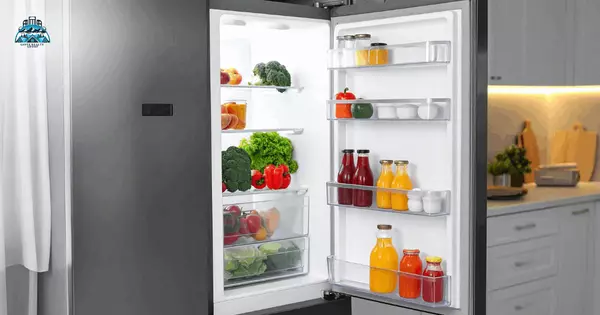Why Regular Home Inspections Are Essential
Your home is one of your most significant investments, and maintaining its structural integrity is crucial to ensuring its longevity and safety. Regularly inspecting your home’s structure can help you identify and address issues before they become major problems. Here’s why regular inspections are essential and what to look for during your inspections.
1. Early Detection of Problems: Regular inspections can help you catch small issues before they escalate into costly repairs. Cracks in the foundation, water damage, and pest infestations can compromise your home’s structure if left unchecked. Early detection allows you to address these problems promptly, saving you time and money.
2. Safety Concerns: A structurally sound home is a safe home. Regular inspections can identify potential hazards such as unstable floors, deteriorating walls, or compromised support beams. Addressing these issues can prevent accidents and ensure the safety of your family and guests.
3. Preserving Home Value: Maintaining your home’s structural integrity is vital for preserving its market value. A well-maintained home is more attractive to potential buyers and can command a higher price. Regular inspections and timely repairs demonstrate that you have taken good care of your property.
4. Energy Efficiency: Structural issues can affect your home’s energy efficiency. For example, gaps in the foundation or walls can lead to drafts and increased energy bills. Regular inspections can help identify areas where your home may be losing energy and allow you to make necessary improvements.
5. Common Areas to Inspect: When conducting a structural inspection, focus on key areas that are prone to damage:
- Foundation: Look for cracks, settling, or shifting.
- Roof: Check for missing or damaged shingles, leaks, and signs of wear.
- Walls: Inspect for cracks, bulges, and water damage.
- Basement and Crawl Spaces: Look for signs of moisture, mold, and pests.
- Attic: Check for insulation issues, leaks, and ventilation problems.
- Exterior: Examine the siding, windows, and doors for damage and proper sealing.
6. Professional Inspections: While you can conduct basic inspections yourself, hiring a professional inspector is advisable for a thorough evaluation. Professional inspectors have the expertise and tools to identify issues that may not be apparent to the untrained eye. They can provide a detailed report and recommend necessary repairs.
Regularly inspecting your home’s structure is a proactive approach to maintaining its safety, value, and energy efficiency. By identifying and addressing issues early, you can avoid costly repairs and ensure that your home remains a secure and comfortable place for you and your family.
Categories
Recent Posts










GET MORE INFORMATION


